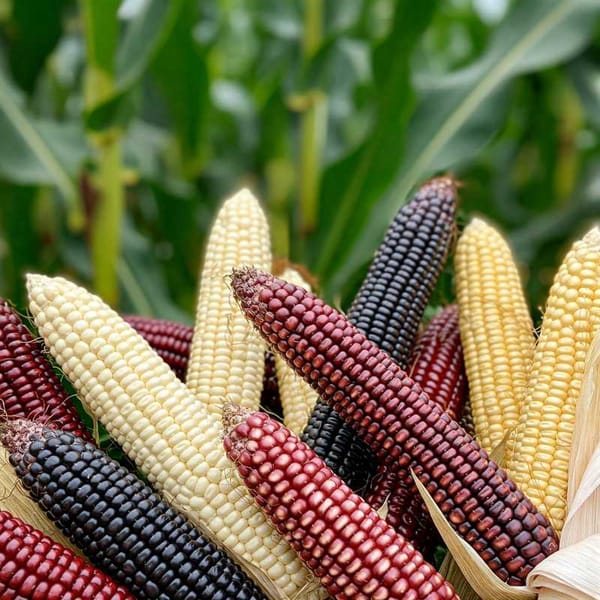Can Pregnant Women Really Ruin Tamale Dough?
Unraveling the mystery of spoiled tamale dough is believed to occur in the presence of pregnant women. Explore the cultural belief, scientific perspective, and celebrate the vibrant world of tamales.

Tamales, a popular traditional dish in many Latin American countries, have delighted taste buds for centuries. However, a particular belief has persisted in some communities: the notion that tamale dough can spoil when a pregnant woman walks in and stares at it.
This fascinating cultural belief has captured the attention of many, raising questions about its origins and scientific basis. In this article, we delve into the subject to illuminate the mystery and separate fact from fiction.




